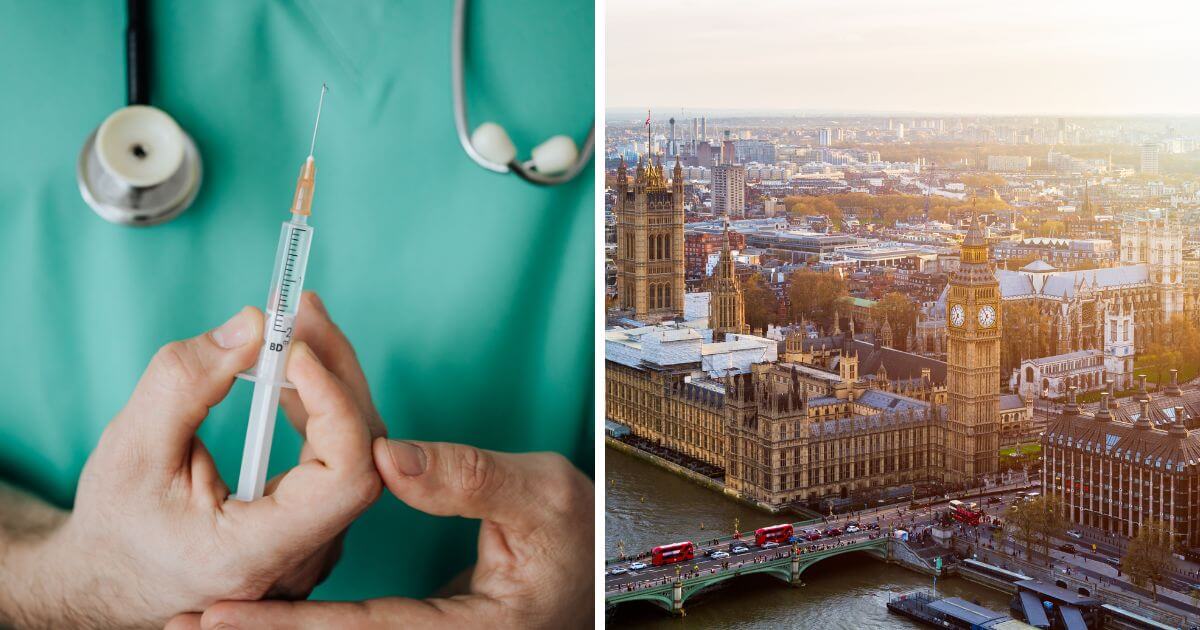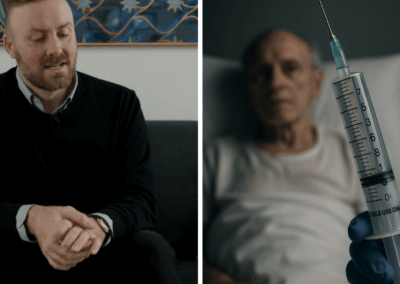In the latest session of the Parliamentary inquiry into assisted suicide, an expert witness has described the idea of making assisted suicide legal on the NHS whilst continuing to fund palliative care through the charity sector as “bonkers”.
MPs heard from five experts in the provision of palliative care in the fifth oral evidence session of the UK Health and Social Care Select Committee’s (HSCSC) inquiry into assisted suicide.
In response to a question from Steve Brine MP regarding the current state of palliative care in Britain, Dr Matthew Doré, Honorary Secretary at the Association for Palliative Medicine of Great Britain and Ireland, said “I think its bonkers that we are talking about having an assisted dying / assisted suicide bill which would be 100% commissioned and funded by the NHS when we leave palliative care … to be funded by the charitable sector. That is the state essentially endorsing death while not funding and paying for palliative care.”
Dr Doré went on to say that making assisted suicide legal would be a “public safety issue” that would “risk the wider majority of the population”.
Dr Doré also pointed out that one of the reasons for ending the death penalty in this country was due to the fact that it was possible that the wrong person could be executed. He argued that this happened with a “full judicial process … and despite that, we got it wrong”.
If assisted suicide were made legal, and only two doctors were left to make the decision, the same issue of ending the life of the ‘wrong person’ would arise.
The experts present praised the palliative care system in the UK while pointing out various ways in which it could be improved.
“Where does suicide prevention begin and promoting suicide end?”
Dr Doré went on to point out the inconsistency of the “ethos” of palliative care and assisted suicide. In response to a question from Rachael Maskell MP, he drew attention to the difficulty of preventing suicide in one case but promoting it in others, asking, “Where does suicide prevention begin and promoting suicide end?”.
He also described the situation in Canada, in which assisted suicide has almost become the default for anyone struggling towards the end of their life, as a “massive scandal”.
MPs also heard a testimony from Jonathan Ellis, Director of Policy, Advocacy & Clinical Programmes at Hospice UK, who argued that “the support that is provided to loved ones is absolutely central [to palliative care]”, and that families and loved ones were just as important to the patients themselves in terms of the support required.
One in five cite loneliness as a reason to want to die
Last month, the HSCSC heard evidence from experts concerning euthanasia in Canada where 10,064 lives were ended by assisted suicide or euthanasia in 2021, an increase of over 32% from the previous year, accounting for 3.3% of all deaths in Canada.
According to the latest report on Medical Assistance in Dying from Health Canada, 17.3% of people also cited “isolation or loneliness” as a reason for wanting to die. In 35.7% of cases, patients believed that they were a “burden on family, friends or caregivers”.
Statistics from the state of Oregon, which made assisted suicide legal in 1997, tell a similar story showing that most end-of-life concerns are not medical. The Oregon Health Authority report for 2021 says that 54.2% of patients were concerned with being a “burden on family, friends/caregivers”. 92% of patients were concerned with being “[l]ess able to engage in activities making life enjoyable”. 93.3% were concerned with “losing autonomy” and 68.1% were concerned with “loss of dignity”. Of the total who have died since 1997, 27.5% have listed “inadequate pain control, or concern about it” as one of their end-of-life concerns.
Right To Life UK spokesperson Catherine Robinson said “These experts are absolutely right to promote the importance of palliative care over assisted suicide. Suicide is always a tragedy that should not be encouraged. Sadly, this is precisely what happens when assisted suicide is made legal.”












